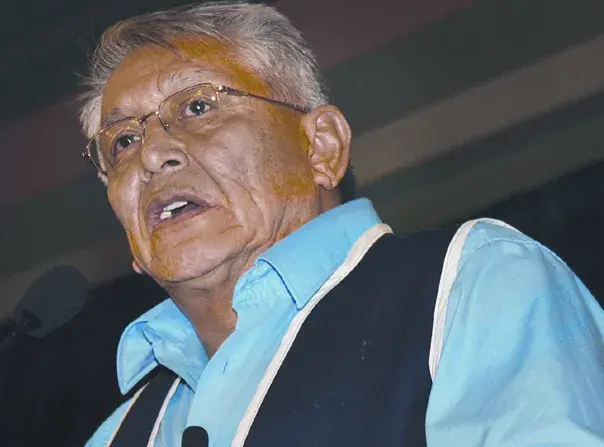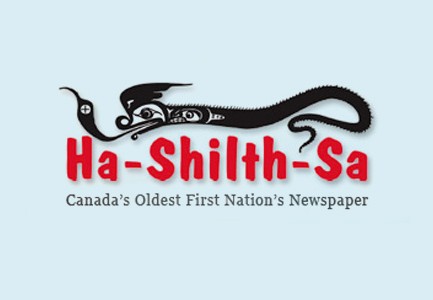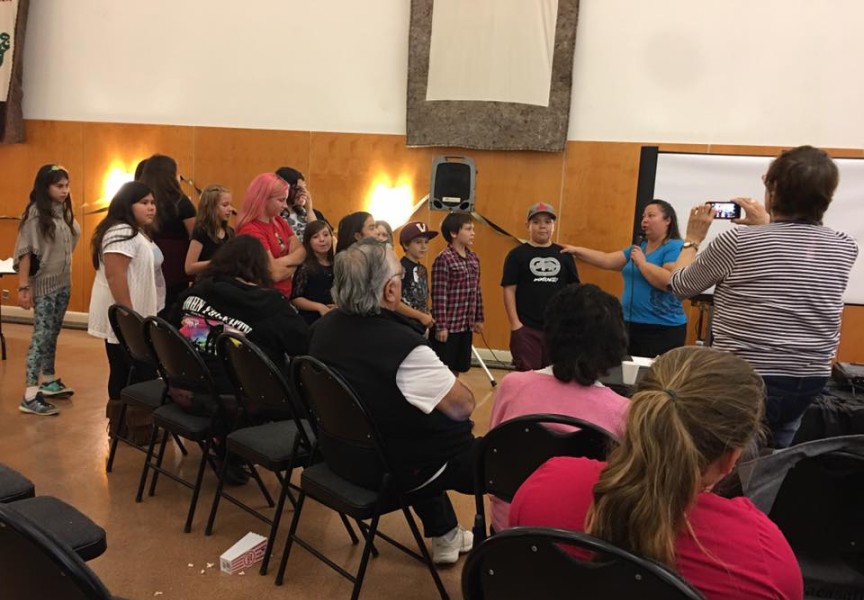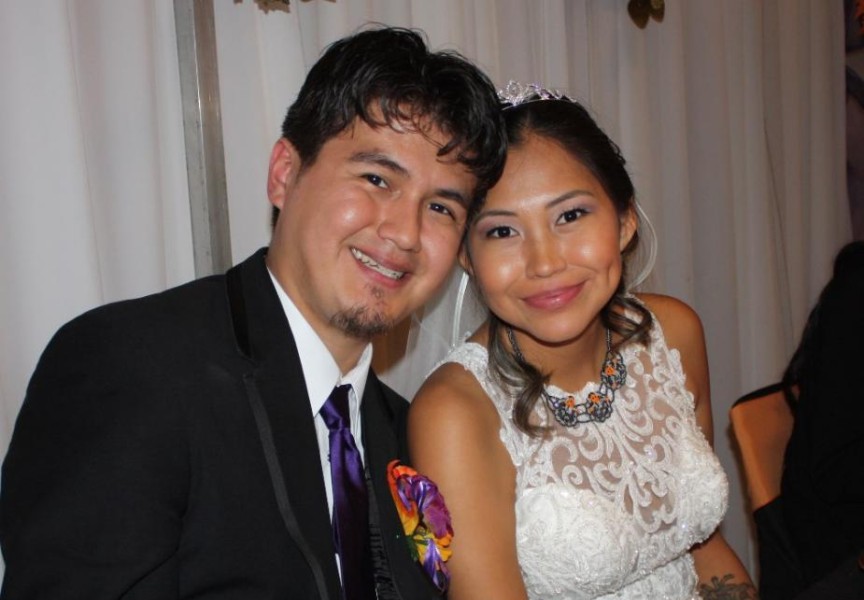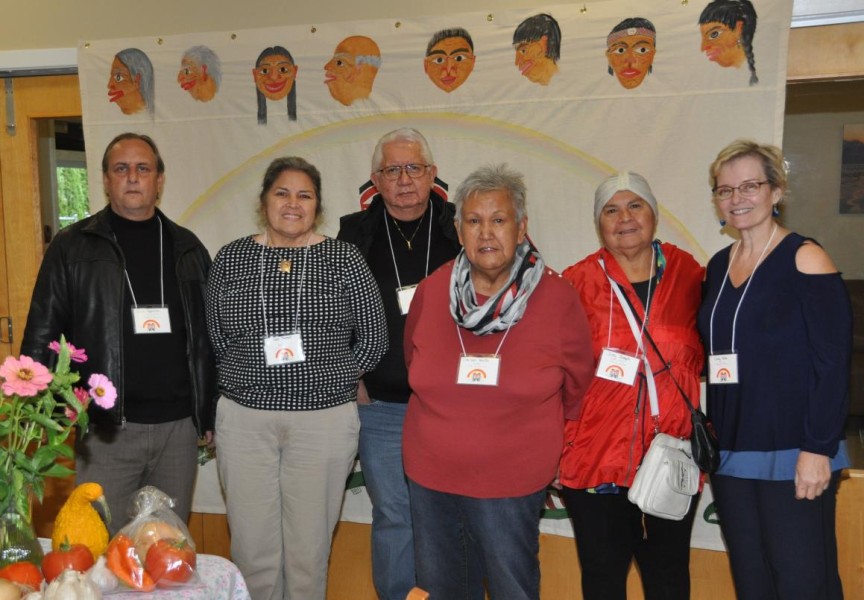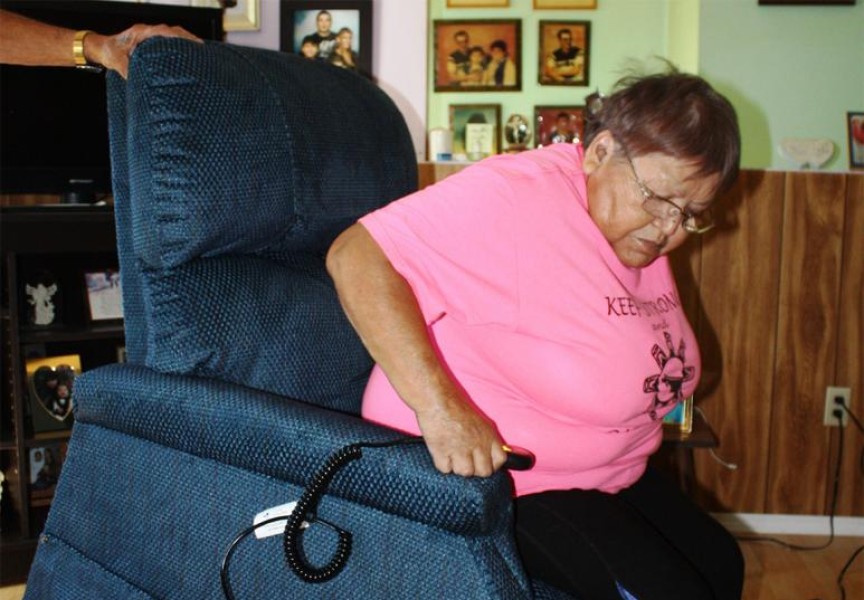The Huu-ay-aht First Nation is strongly opposing possible changes to the halibut quota as proposed by the BC Sports Fishing Coalition.
"In 50 days our treaty becomes officially implemented, and our negotiated fishing rights are already under threat," said Huu-ay-aht Chief Councillor Robert Dennis. "Shifting additional halibut quota to wealthy anglers at expensive fishing resorts takes food out of our mouths of our people, and we will not allow them to affect the health of our communities."
DFO is considering more than doubling the recreational halibut quota from 12% of the Total Allowable Catch to 31%. That would have a negative impact on the Huu-ay-aht First Nation who have agreed through treaty to take their 0.39% share from the commercial allocation.
“We negotiated a commercial fishing agreement to coincide with our treaty to ensure Maa-nulth First Nations can establish an economic foundation,” said Charlie Cootes, President of the Maa-nulth Treaty Society. “Any reallocation of halibut quota would undermine the intentions of the Maa-nulth Final Agreement and could have legal repurcussions.”
Last year, the recreational sector exceeded their quota by about 51,000 kilograms (112,000 lbs.) while halibut stocks are believed to be in decline.
"The Sport Fishing industry is getting away with overfishing and endangering the stock," said Huu-ay-aht Director of Lands and Resources Larry Johnson, who was also a Canadian Commissioner on the International Pacific Halibut Commission (2009-10). "After 14 years of treaty negotiations and relationship-building with the Government of Canada, for them to change the quota right before our final agreement comes into effect really brings their integrity into question."
The Huu-ay-aht First Nation is calling on the Department of Fisheries and Oceans to maintain the existing halibut quota system and not reward the recreational sector for exceeding their quota and endangering halibut stocks in 2009.

